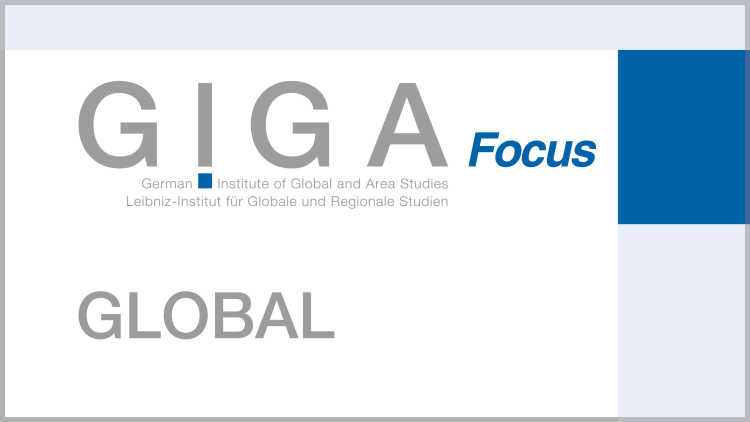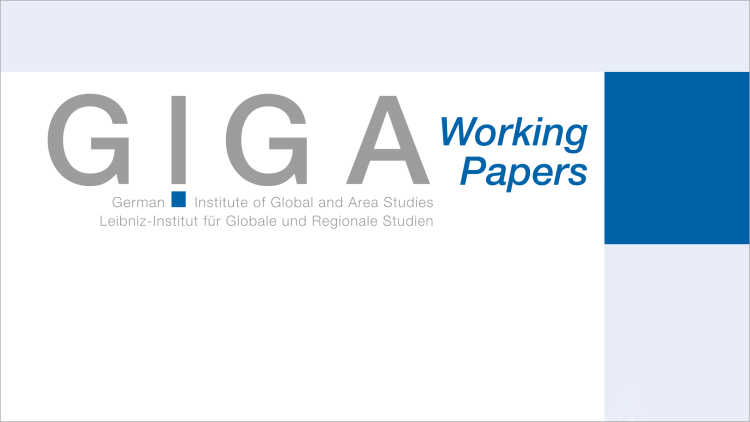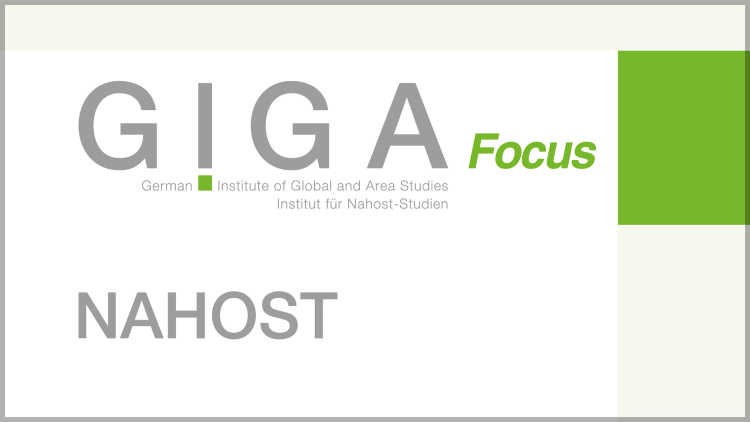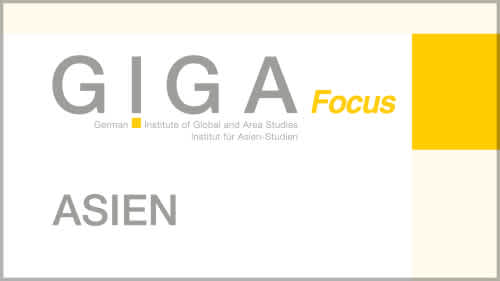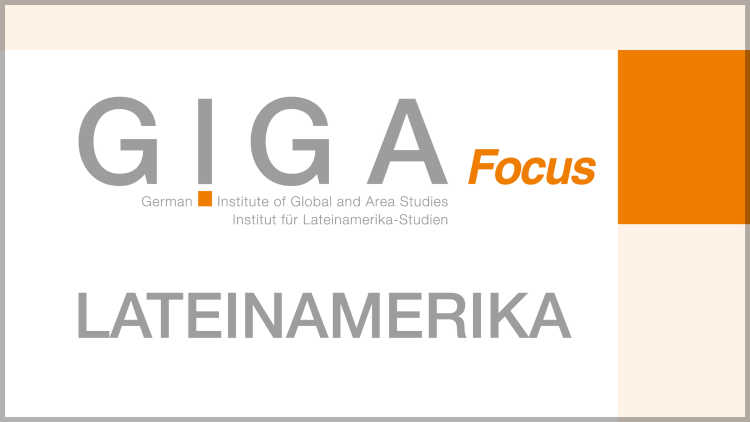- Startseite
- Publikationen
- GIGA Focus
- Getting Off Lightly? The Impact of the International Financial Crisis on the Middle East and North Africa
GIGA Focus International Edition English
Getting Off Lightly? The Impact of the International Financial Crisis on the Middle East and North Africa
Nummer 1 | 2009 | ISSN: 1862-3581
The international financial crisis has hit the Middle East and North Africa (MENA), like other developing regions, unexpectedly, during a long phase of above-average growth. In contrast to other parts of the world, however, most MENA developing countries will able to get off lightly if the crisis does not last for too long. In Turkey and Israel, the region’s more industrialized countries, different initial conditions apply and the situation is not comparable to the Arab MENA countries. This is why both these countries are not included in the analysis below.
Analysis:
As is the case for other world regions, the crisis is impacting the MENA region mainly through two indirect effects: (i) a decline in the export of goods and services and (ii) a reduction in remittances sent back home by migrant workers abroad. The more direct effects on the region’s financial markets matter to a much lesser extent. However, the Gulf countries in particular are also suffering from the wealth effect: substantial losses of capital invested abroad.
The non-oil-exporting countries of the region are not very vulnerable to the effects of the financial crisis, partly because they are only weakly integrated into international trade and capital markets.
The energy exporters are being hit harder, especially because the oil price has fallen steeply. However, as long as the price does not continue to fall, most energy exporters will be able to survive the crisis for some time because they have been able to accumulate considerable financial reserves during the boom years.
Dubai, Iraq, Iran and Yemen are the countries within the MENA region that have been most affected by the financial crisis. They do not have sufficient financial reserves to finance the gap between public spending and income from the sales of oil and gas.
Most countries in the region will probably be able to weather the financial crisis relatively well because of their comparatively limited openness towards global markets.
Nevertheless, the governments should use the financial crisis as an opportunity to implement market-oriented reforms and to find solutions to their structural problems. These countries urgently need to improve their productivity and competitiveness in order to reduce their dependency on a limited number of export products and to create employment for a rapidly growing labor force.
Fußnoten
Regionalinstitute
Forschungsschwerpunkte
Wie man diesen Artikel zitiert
Brach, Juliane, und Markus Loewe (2009), Getting Off Lightly? The Impact of the International Financial Crisis on the Middle East and North Africa, GIGA Focus International Edition English, 1, Hamburg: German Institute for Global and Area Studies (GIGA), http://nbn-resolving.de/urn:nbn:de:0168-ssoar-274339
Impressum
Der GIGA Focus ist eine Open-Access-Publikation. Sie kann kostenfrei im Internet gelesen und heruntergeladen werden unter www.giga-hamburg.de/de/publikationen/giga-focus und darf gemäß den Bedingungen der Creative-Commons-Lizenz Attribution-No Derivative Works 3.0 frei vervielfältigt, verbreitet und öffentlich zugänglich gemacht werden. Dies umfasst insbesondere: korrekte Angabe der Erstveröffentlichung als GIGA Focus, keine Bearbeitung oder Kürzung.
Das German Institute for Global and Area Studies (GIGA) – Leibniz-Institut für Globale und Regionale Studien in Hamburg gibt Focus-Reihen zu Afrika, Asien, Lateinamerika, Nahost und zu globalen Fragen heraus. Der GIGA Focus wird vom GIGA redaktionell gestaltet. Die vertretenen Auffassungen stellen die der Autorinnen und Autoren und nicht unbedingt die des Instituts dar. Die Verfassenden sind für den Inhalt ihrer Beiträge verantwortlich. Irrtümer und Auslassungen bleiben vorbehalten. Das GIGA und die Autorinnen und Autoren haften nicht für Richtigkeit und Vollständigkeit oder für Konsequenzen, die sich aus der Nutzung der bereitgestellten Informationen ergeben.

